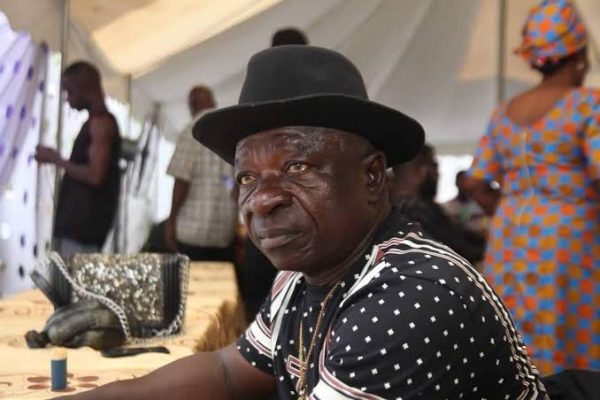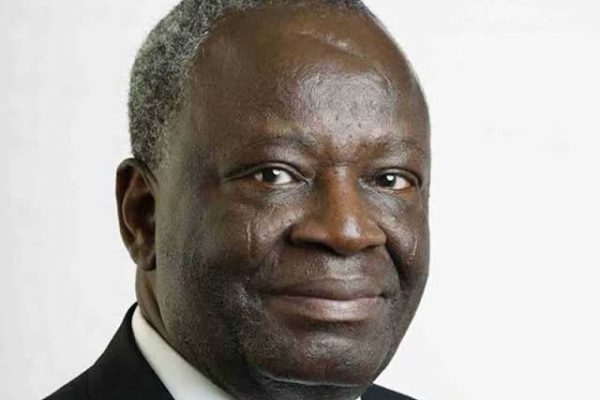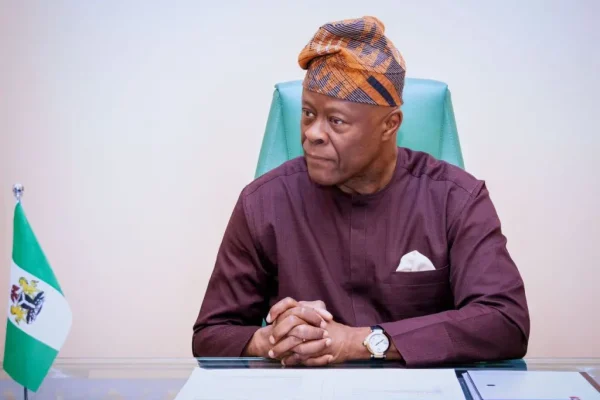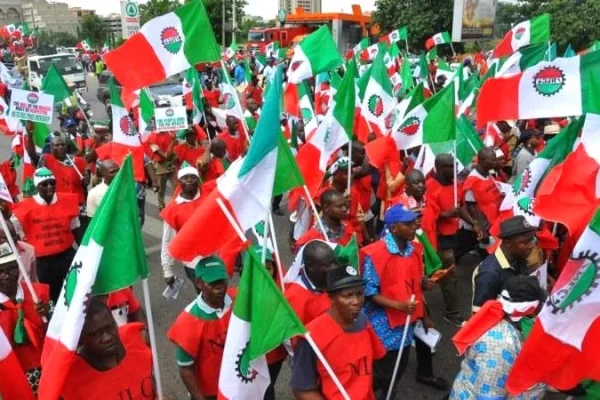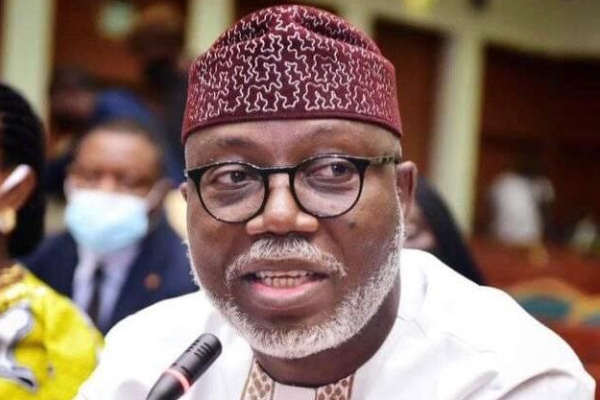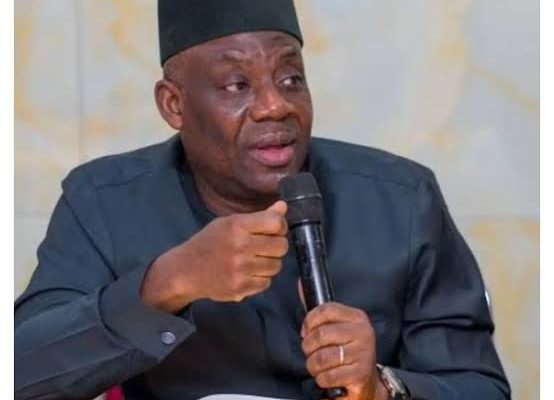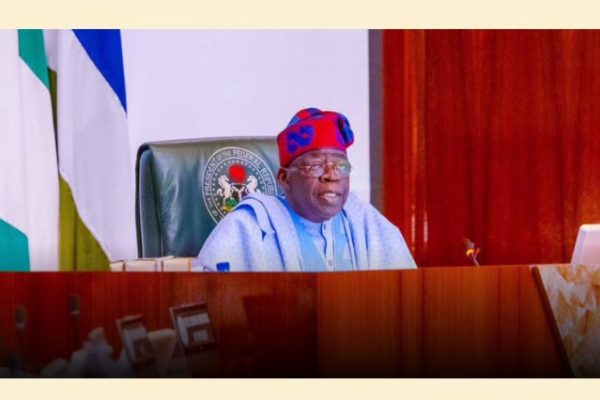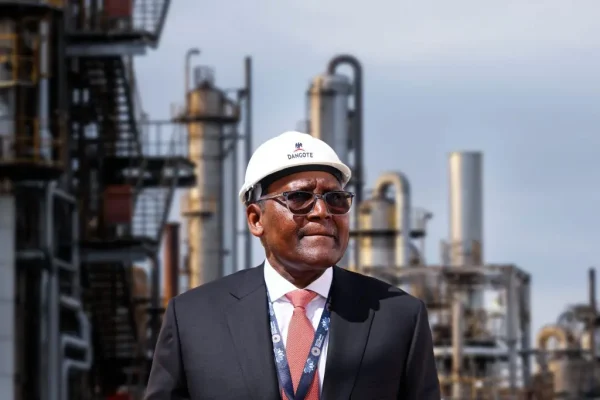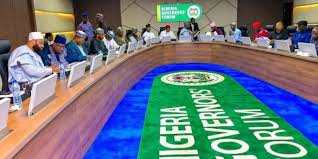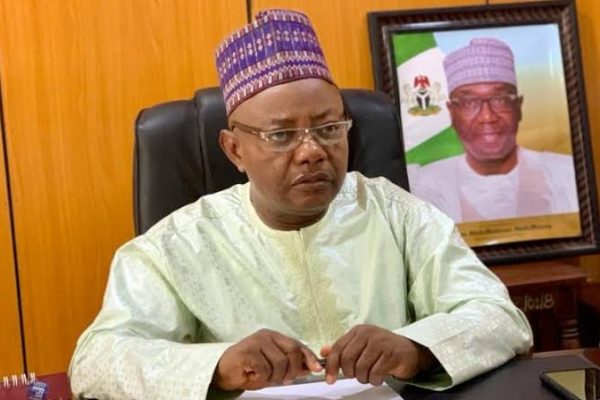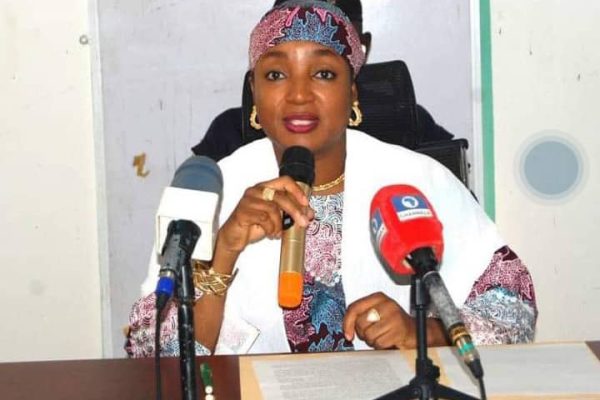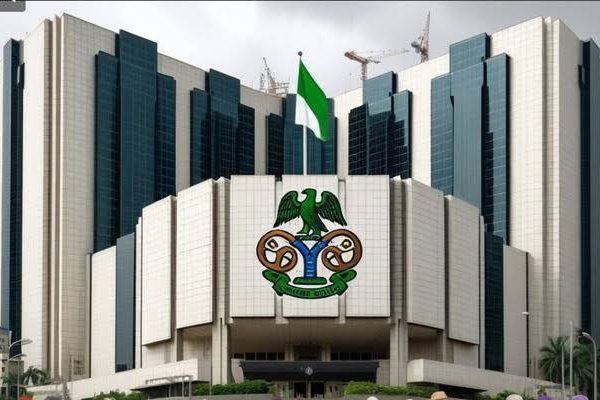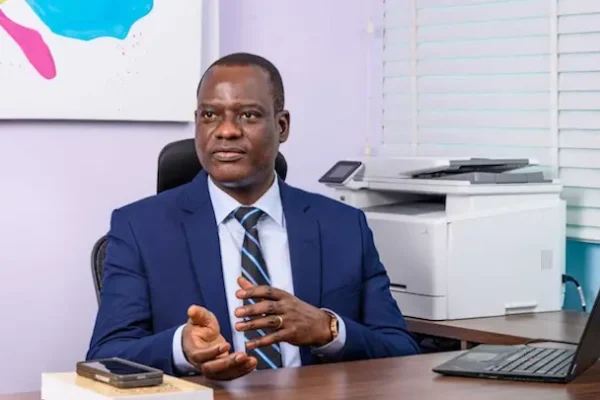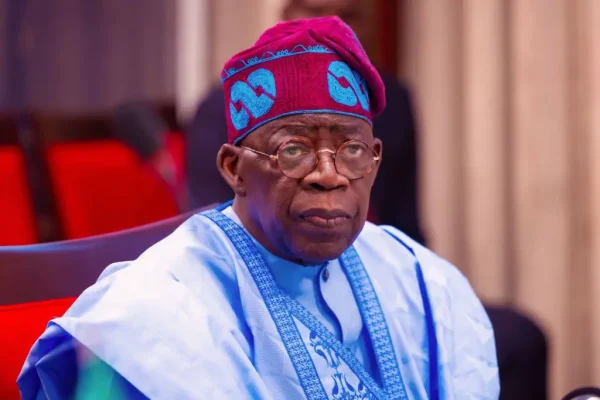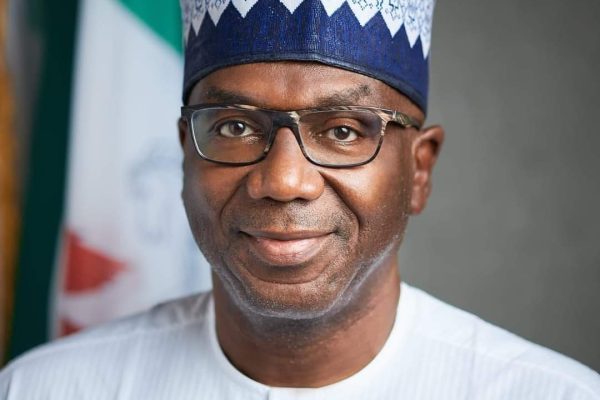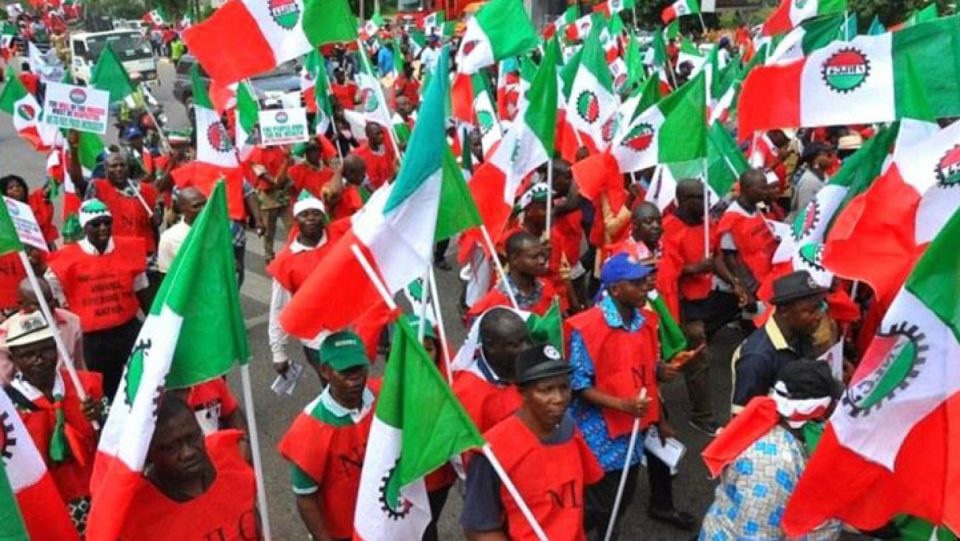the Nigerian Labour Congress (NLC) and the Trade Union Congress (TUC) have suspended their planned industrial action scheduled to commence on Wednesday.
The decision to put the planned strike notice off was met following the labour leaders’ meeting with Federal Government delegation in Abuja.
Although an official statement to back the decision up was yet to be issued as of the this of filing this report but recall Theliberationnews reported that the Federal Government had earlier in the day obtained an exparte order at the National Industrial Court to compel the NLC not to go on strike.
The government in its application said that the strike would derail ongoing examinations for the Secondary School Certificate and also university examinations.
The Labour Centres and the Federal Government are to meet on June 19, 2023, to agree on an implementation framework.
According to the Negotiating Committee, the Federal Government, the TUC and the NLC are to establish a joint committee to review the proposal for any wage increase or award and establish a framework and timeline for implementation
The Federal Government, the TUC and the NLC to review the World Bank Financed Cash transfer scheme and propose the inclusion of low-income earners in the program.
•The Federal Government, the TUC and the NLC to revive the CNG conversion programme earlier agreed with Labour centres in 2021 and work out detailed implementation and timing.
•The Labour centres and the Federal Government to review issues hindering effective delivery in the education sector and propose solutions for implementation.
•The Labour centres and the Federal Government to review and establish the framework for the completion of the rehabilitation of the nation’s refineries.
•The Federal Government to provide a framework for the maintenance of roads and expansion of rail networks across the country.
•All other demands submitted by the TUC to the Federal Government will be assessed by the joint committee.
Industrial Court stops strike
In a related event, the National Industrial Court, NIC, sitting in Abuja, yesterday restrained the Nigeria Labour Congress, NLC, and the Trade Union Congress of Nigeria, TUC, from embarking on their planned strike to protest the unilateral removal of fuel subsidy by the Federal Government.
The order came on a day the NLC returned to the negotiation table, having earlier refused to attend the meeting, Sunday, insisting that government return the price of petrol to the status quo.
This is even as the Trade Union Congress of Nigeria, TUC, made public its demands and presentation to the government among which were N200,000 minimum wage and subsidy on food items.
Recall that the TUC had in a meeting with government representatives at the Presidential Villa, Abuja, on Sunday, demanded payment of a new minimum wage to mitigate the effects of the subsidy removal but was silent on the figure.
The court, in a ruling delivered by Justice O. Y. Anuwe, barred the two unions from proceeding with the strike, pending the determination of a suit brought before it by the FG.
The court held that the interim order, as well as the substantive suit, should be immediately served on both the NLC and the TUC, which were cited as defendants/respondents in the suit marked: NICN/ABJ/158/2023, even it fixed the matter for hearing on June 19.
The court order followed an ex-parte application FG filed through the Federal Ministry of Justice.
FG’s lawyer, Mrs Maimuna Lami Shiru, who moved the application, maintained that the proposed strike was capable of disrupting economic activities, the health and education sectors.
The statement read: “This is to inform all branches and chapters of our great union across Nigeria to begin mobilisation for a nationwide action and withdrawal of service which would commence on Wednesday, June 7, 2023.
“This followed a decision of the National Executive Council, NEC, of the Nigeria Labour Congress, NLC, at her meeting on 2nd June 2023 over the increase in the pump price of petroleum motor spirit, PMS, by the federal government through NNPCL.
“All zonal vice presidents are to coordinate their zones by ensuring that branch and chapters chairmen mobilise their members for total compliance. Also note that the nationwide action commences on Wednesday, June 7, 2023.”
FG, NLC in horse-trading
The negotiation between the FG and the NLC took a new dimension last night as the two parties engaged in horse trading in a bid to avert the planned strike slated for tomorrow.
As the meeting progressed, the NLC President, Comrade Joe Ajaero, was seen outside in discussion with the Group Chief Executive Officer, of the Nigeria National Petroleum Company Limited, NNPCL, alongside the General Secretary, Comrade Emma Ugboaja.
Later, they were joined by the President of the Nigeria Union of Petroleum and Natural Gas Workers, NUPENG, and thereafter the exco members.
When contacted on why the leadership of NLC was outside, Ajaero told State House correspondents that both sides were wooing each other.
Asked whether they stormed out as a result of the court injunction restraining it from going on strike, he only said they were not aware of any court injunction halting the strike.
He said there was no need for government to use underhand tactics, but advised it to engage labour and address the concerns of workers.
Sources within the NLC said the court order was yet to be served on labour.
At press time last night, NLC’s meeting with the federal government was still on, even as TUC joined in at about 9:20 pm.
Provision of subsidy directly for food items, the $800million could be a first step. The existing National Housing Fund, NHF, should be made accessible to genuine workers; the framework on this must be discussed and agreed.”
TUC also said the medium term would include the “deployment of Compressed Natural Gas, CNG, across the country, in line with the earlier promise made by the government. The framework and timeline will be developed and agreed by both parties.
“Labour and government to design a framework that will be geared towards the reduction of cost of governance by 15 per cent in 2024 and 30 per cent by 2025
“A framework should be immediately put in place to maintain roads and expand the rail networks across the country. Government must design a framework for social housing policy for workers through a rent-to-own system.
“The state of electricity in the country must be appraised and an action plan should be defined with timelines on how to get this fixed.”
NECA recommends 11-point solutions to post-subsidy removal challenges
We want the federal government to review several taxes and levies imposed on the private sector and collected by the three tiers of government. Initiate immediate tax adjustments and reforms to reduce the burden on organized businesses and workers, while expanding the tax net.
“The government should promote energy efficiency and alternatives: Encouraging the use of energy-efficient technologies and alternative fuels can help to reduce dependence on petrol. In Brazil, for instance, the promotion of biofuels as an alternative to petrol has significantly reduced petrol consumption.
‘’Also, the government should strengthen Public-Private Partnerships like the ITF-NECA Technical Skills Development Project, TSDP, which has produced over 20,000 trainees in 40 trade areas across the six geopolitical zones of the country in the past 13 years, as a model for job creation and skills development.”
Appeal to Labour
While appealing to labour to shelve its planned strike, NECA said: “We call on organized labour to sheath its swords and reconsider its threat of another strike. The economy is already in tatters, with businesses (both in the formal and informal sectors) facing multidimensional challenges.
‘’Further disruption of the ongoing recovery trajectory will not likely hurt the government but do more colossal damage to businesses, workers and Nigerians in general.
We want the federal government to review several taxes and levies imposed on the private sector and collected by the three tiers of government. Initiate immediate tax adjustments and reforms to reduce the burden on organized businesses and workers, while expanding the tax net.
“The government should promote energy efficiency and alternatives: Encouraging the use of energy-efficient technologies and alternative fuels can help to reduce dependence on petrol. In Brazil, for instance, the promotion of biofuels as an alternative to petrol has significantly reduced petrol consumption.
‘’Also, the government should strengthen Public-Private Partnerships like the ITF-NECA Technical Skills Development Project, TSDP, which has produced over 20,000 trainees in 40 trade areas across the six geopolitical zones of the country in the past 13 years, as a model for job creation and skills development.”
Appeal to Labour
While appealing to labour to shelve its planned strike, NECA said: “We call on organized labour to sheath its swords and reconsider its threat of another strike. The economy is already in tatters, with businesses (both in the formal and informal sectors) facing multidimensional challenges.
’Further disruption of the ongoing recovery trajectory will not likely hurt the government but do more colossal damage to businesses, workers and Nigerians in general.
‘’The imperative for social dialogue cannot be over-emphasized as a veritable and potent means of resolving the knotty issue of fuel subsidy removal.”














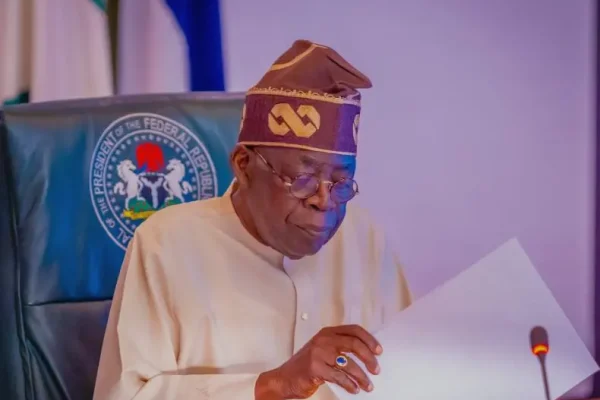


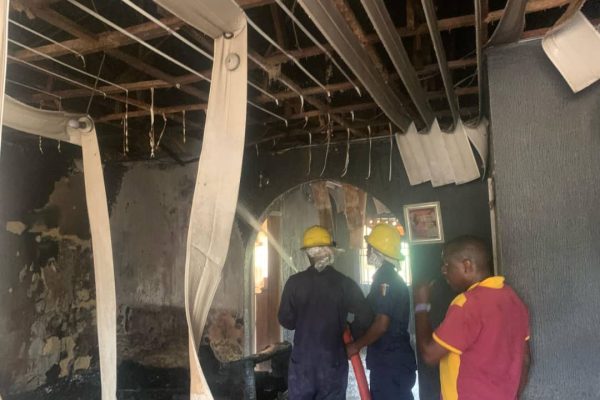

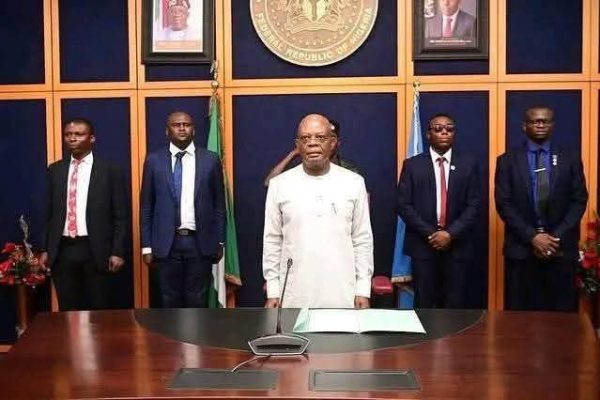
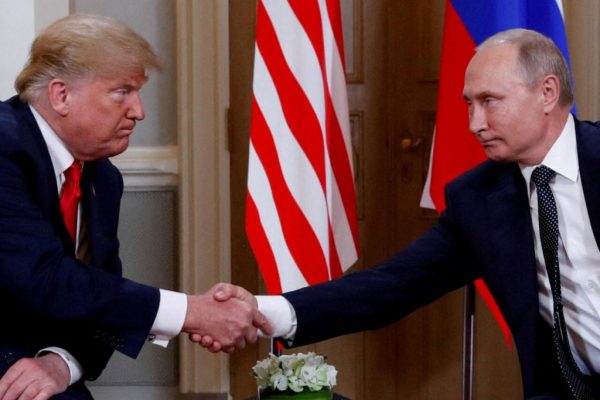
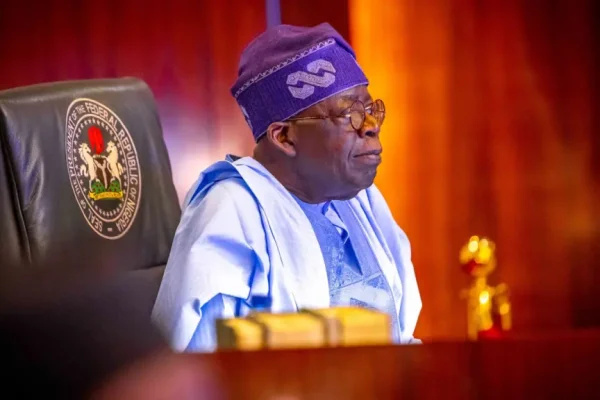

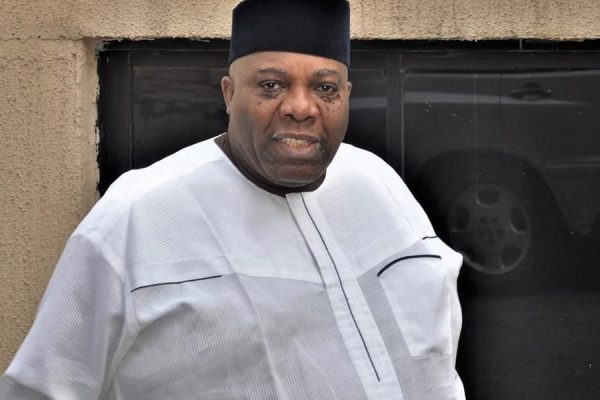
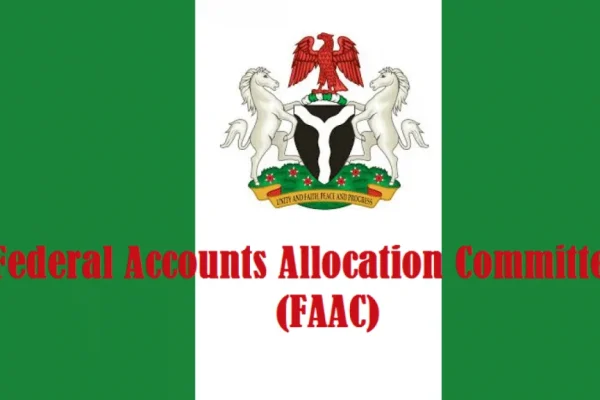


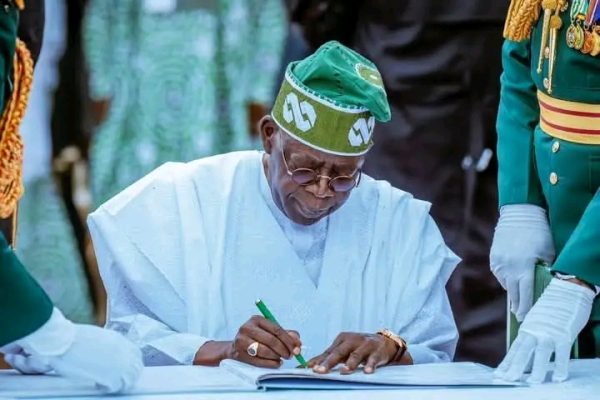
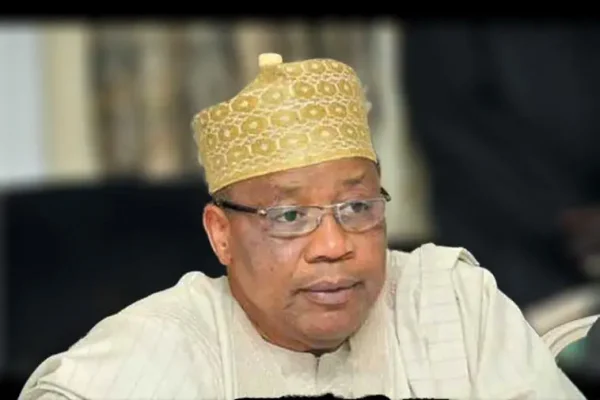

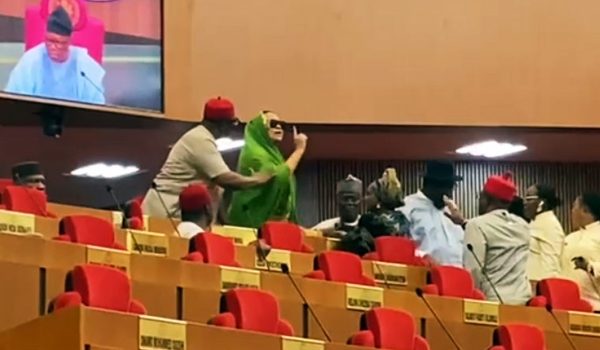








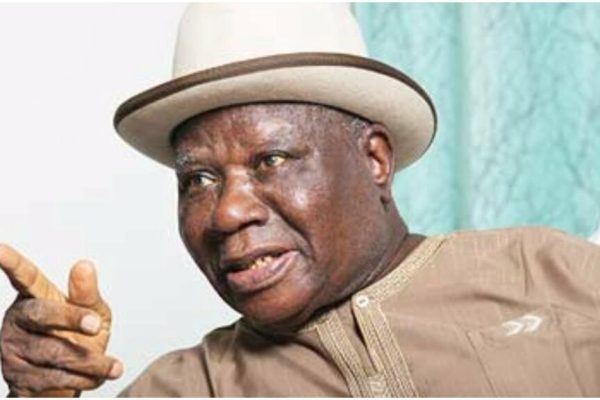













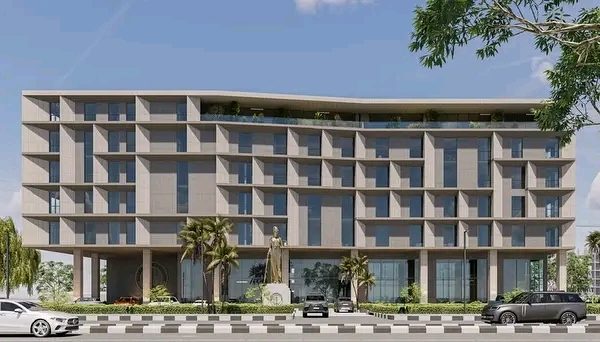
![‘I love Natasha’ – 2Face announces marriage plans with Edo lawmaker [VIDEO]](https://theprimenews.ng/wp-content/uploads/2025/02/GridArt_20250203_143302913-scaled-1-600x400.jpg)



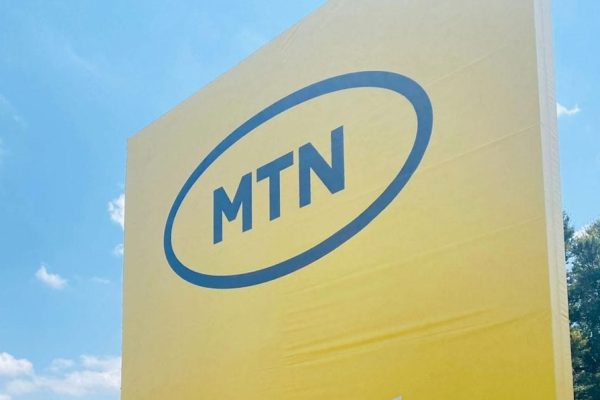
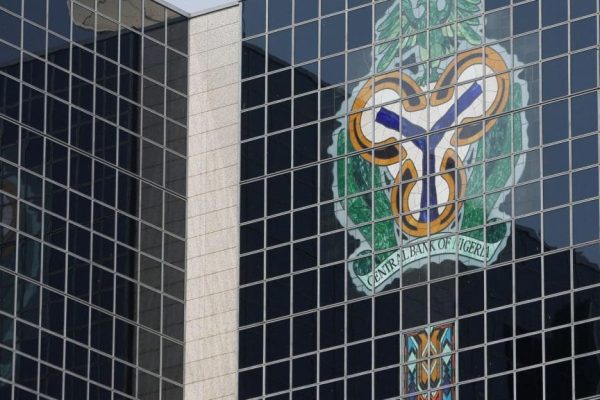
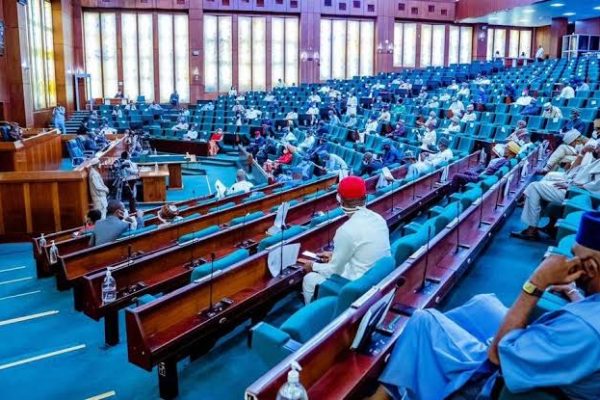
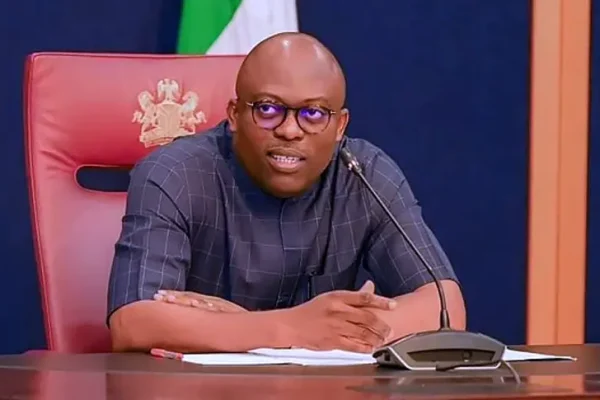





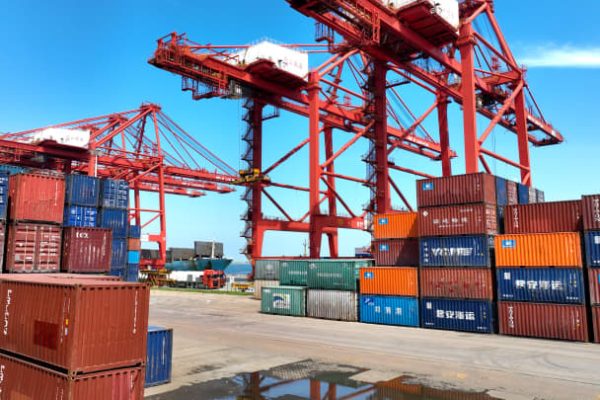


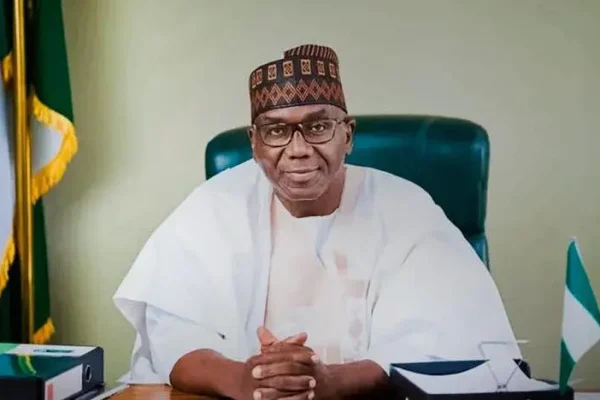














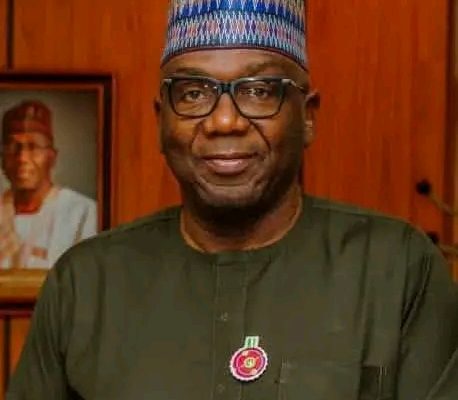


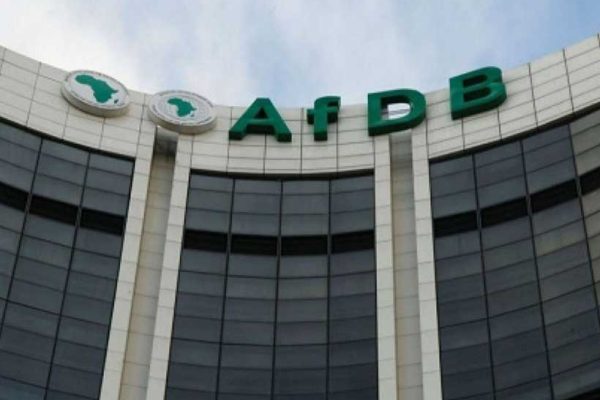

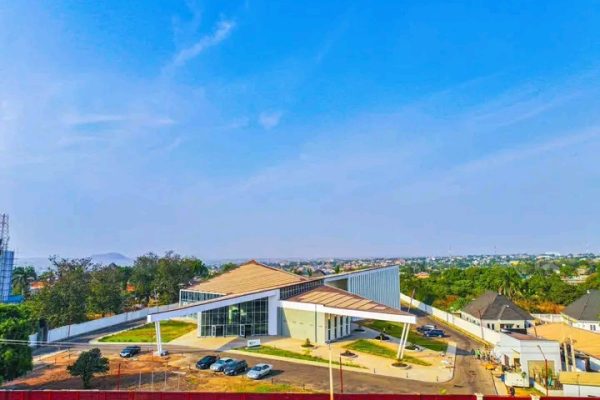






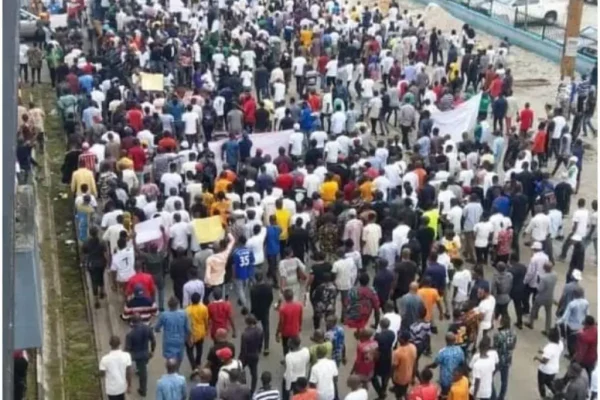

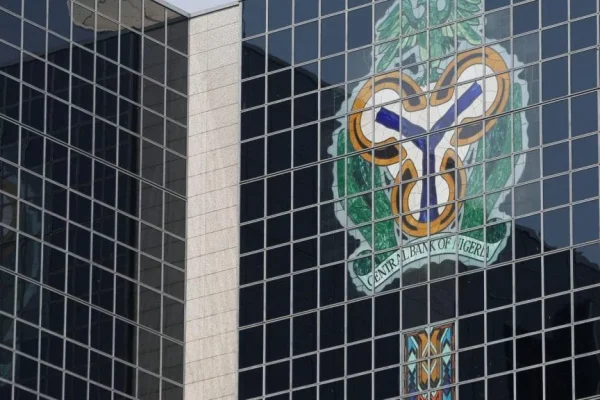

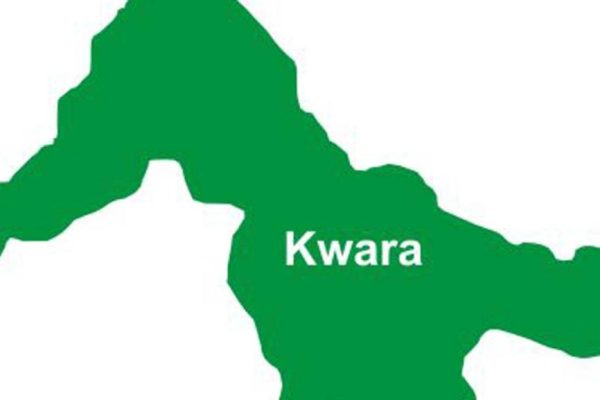
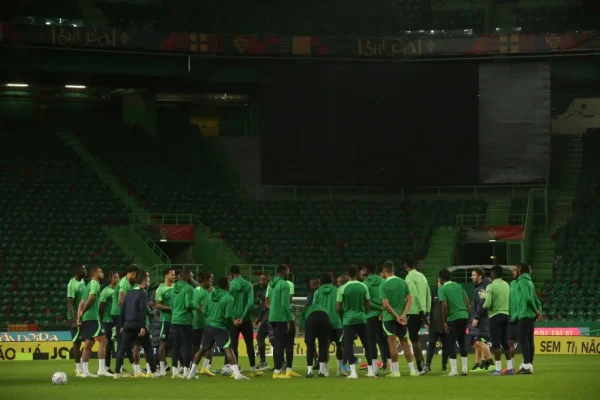



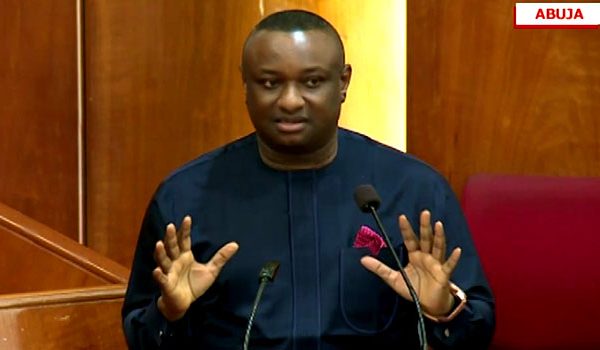





![Europa League: 7 teams qualify for Round of 16, knockout stages [Full list]](https://theprimenews.ng/wp-content/uploads/2025/01/258743-1024x538-1-600x400.jpg)


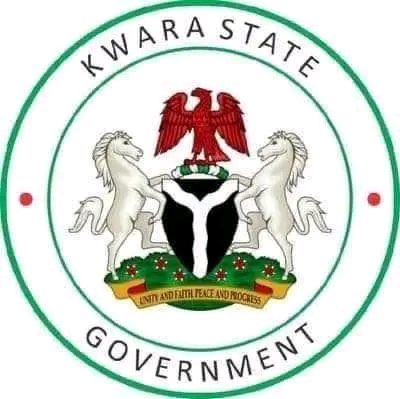


![‘Jesus take the White House’ – Nathaniel Bassey ministers at Trump’s prayer breakfast [VIDEO]](https://theprimenews.ng/wp-content/uploads/2025/01/Nathaniel-Bassey-1024x681-1-600x400.webp)



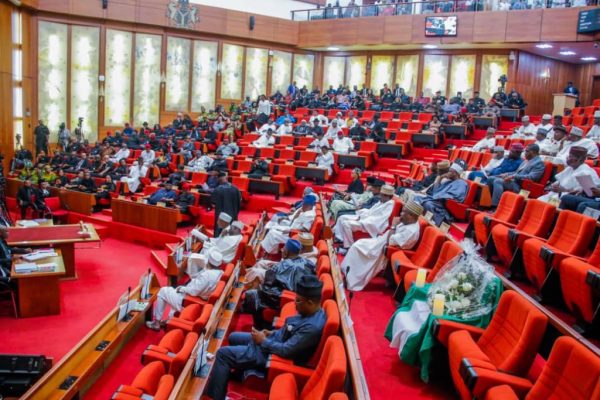

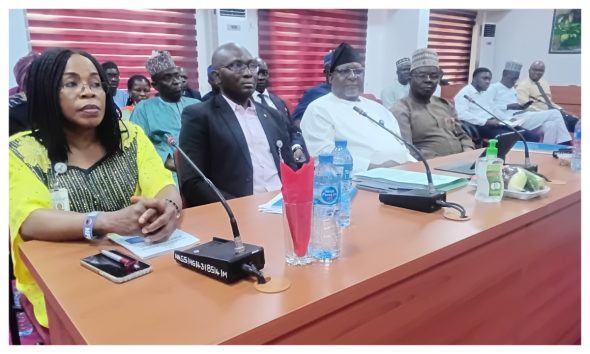
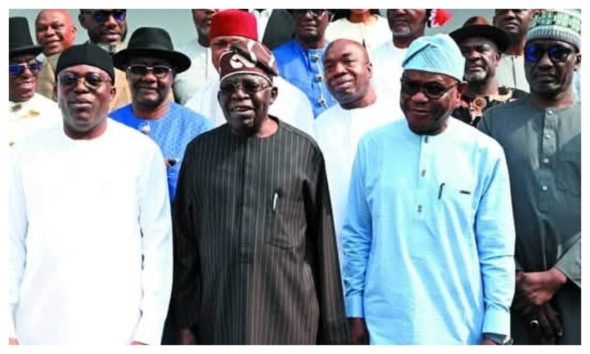
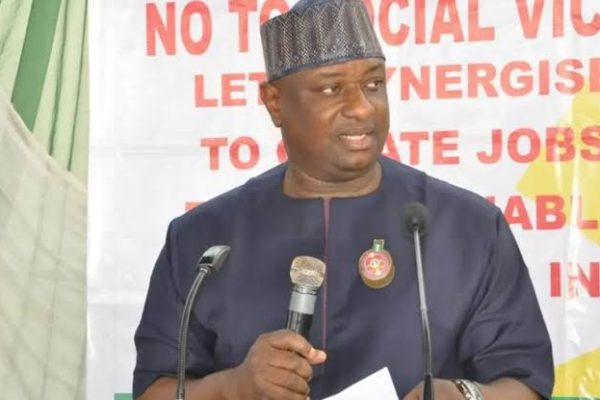



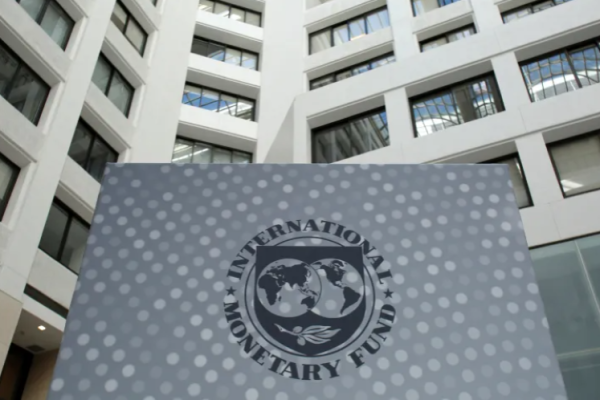




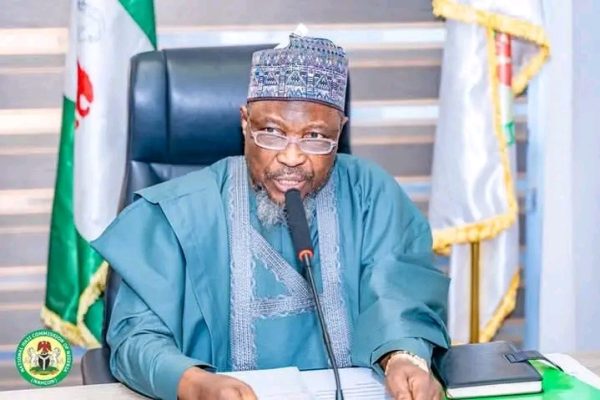
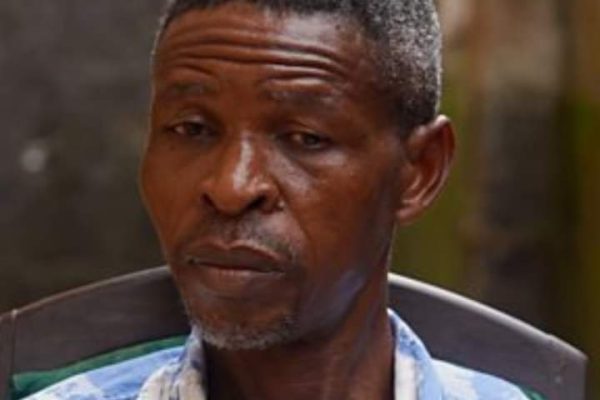

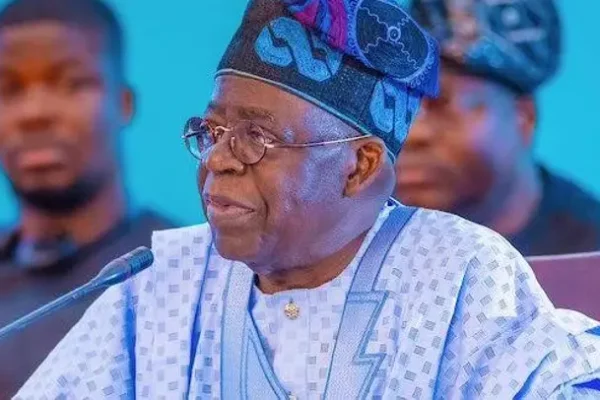
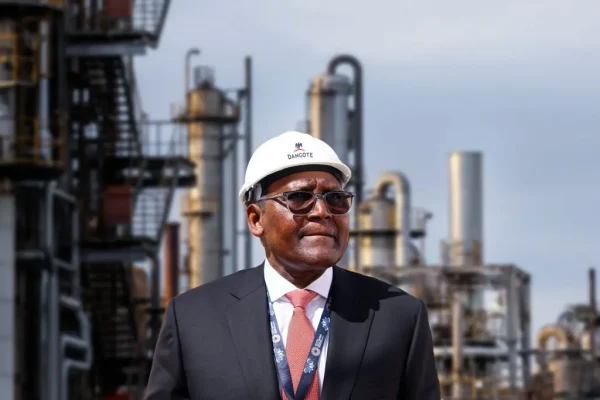

![Copa del Rey: All 8 teams in quarterfinal confirmed [Full list]](https://theprimenews.ng/wp-content/uploads/2025/01/1126686360.jpg.0-1024x683-1-600x400.webp)



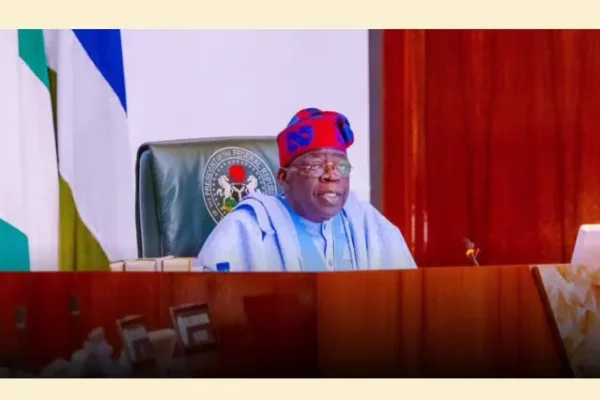

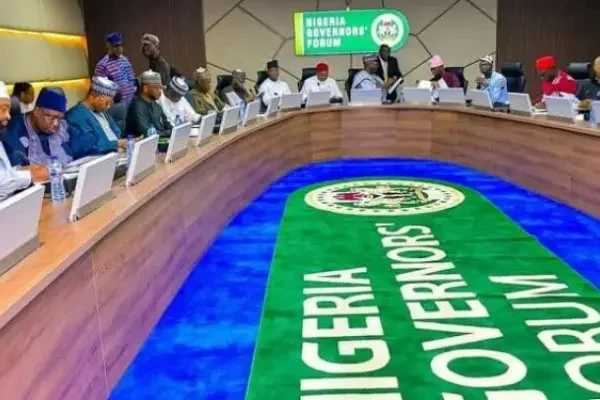













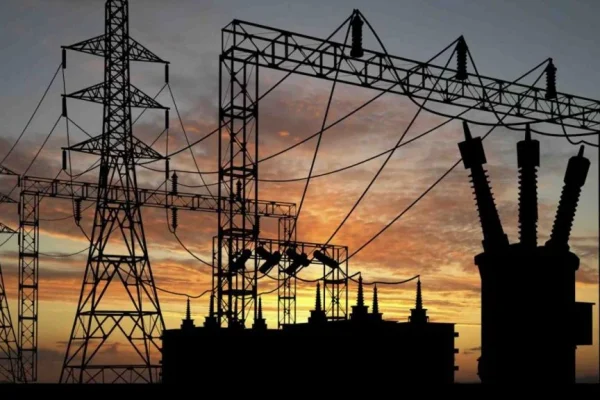



















![‘I’m waiting on the Lord for kids’ – Eniola Badmus [VIDEO]](https://theprimenews.ng/wp-content/uploads/2025/01/Eniola-Badmus-1024x764-1-600x400.webp)







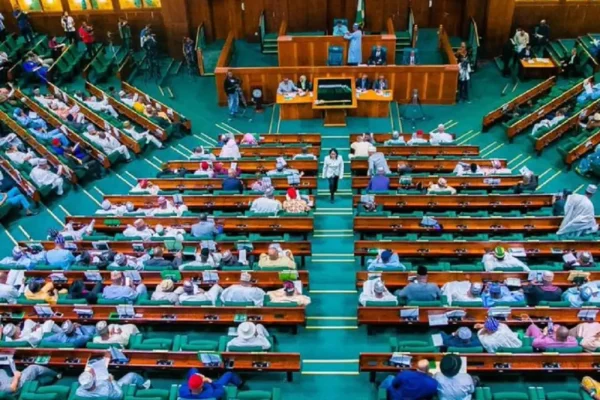








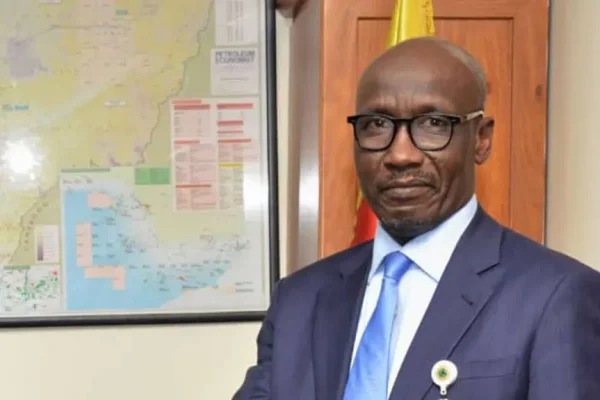






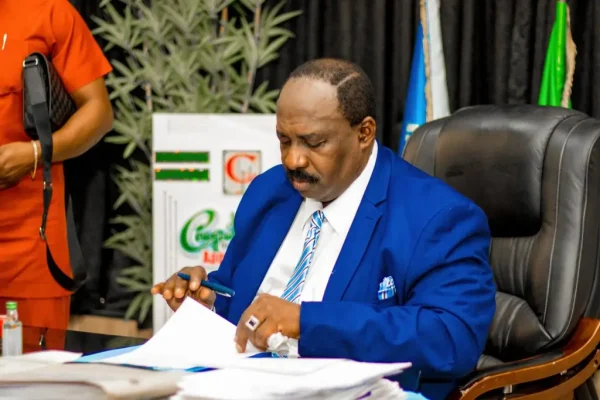
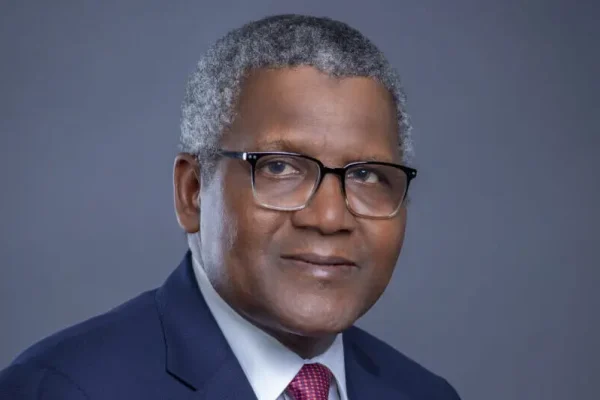



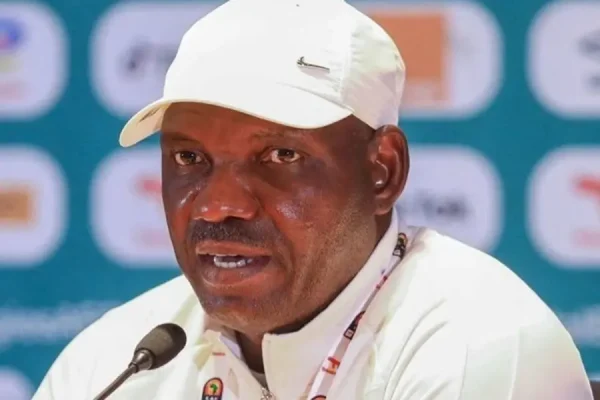

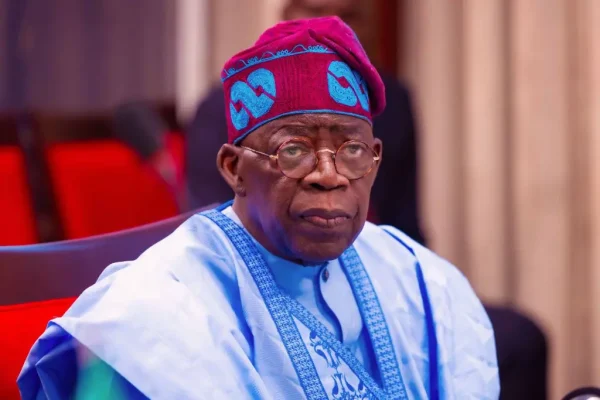



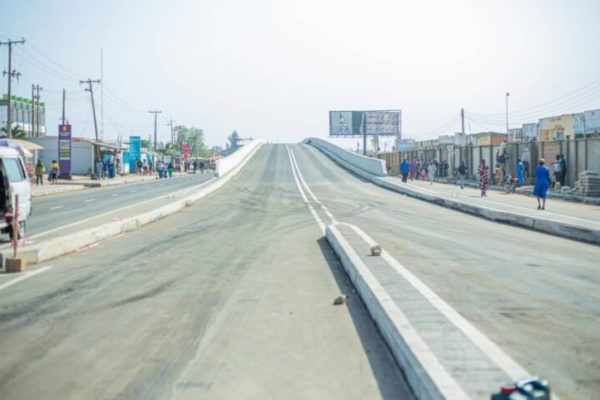

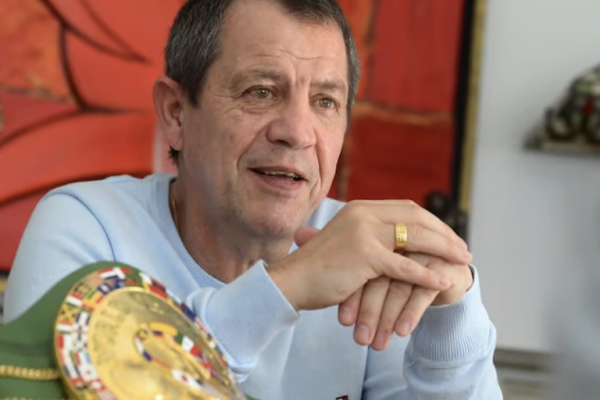









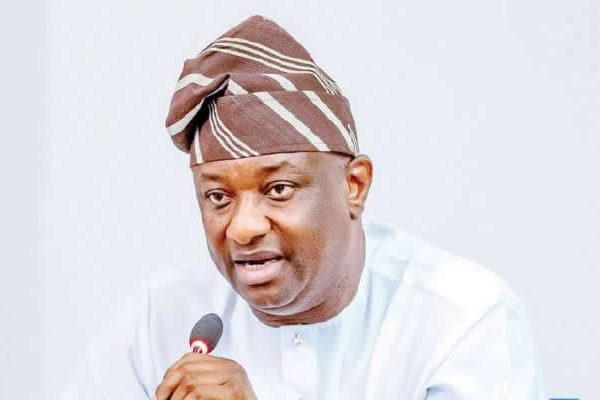

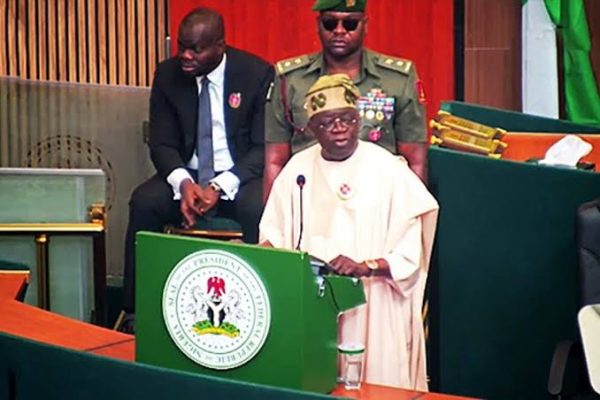







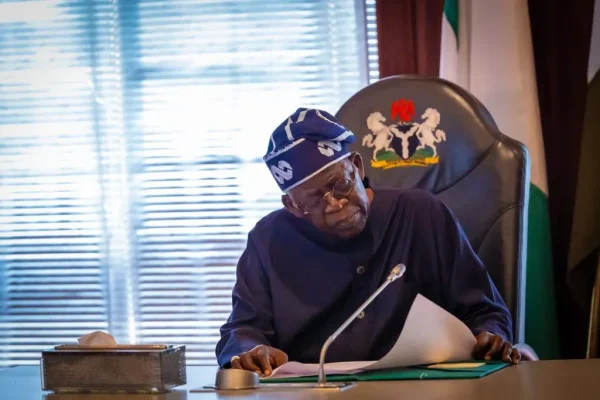
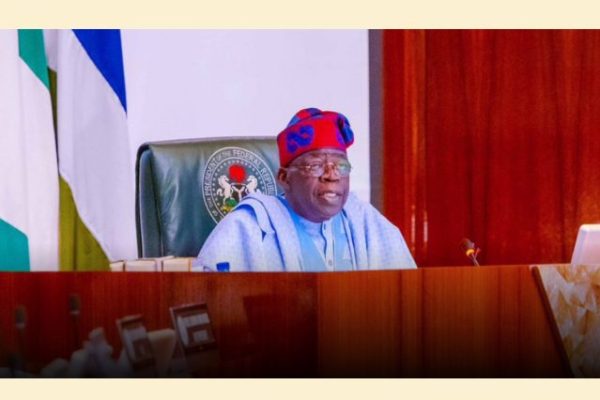



















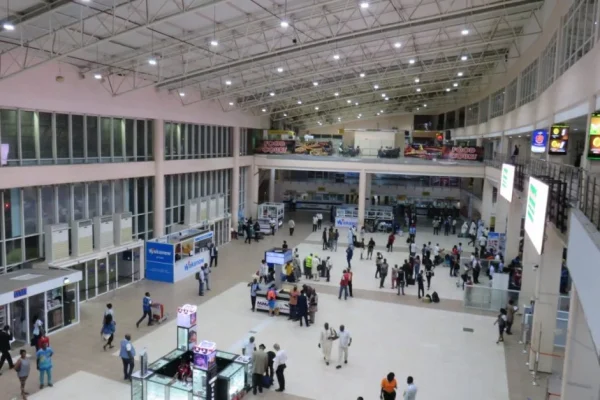


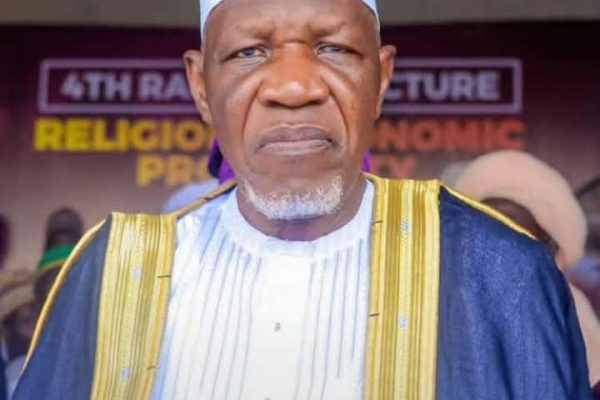


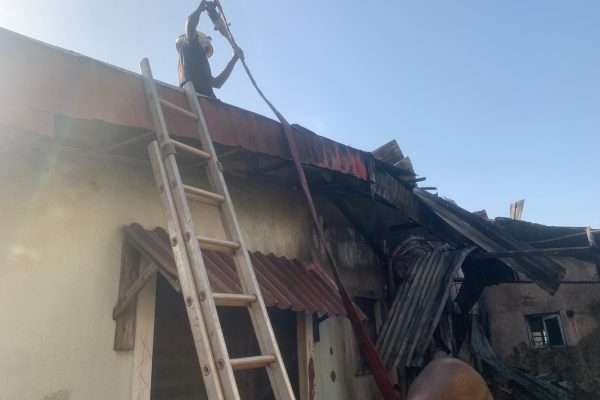










![FIFPRO announces nominees for 2024 Men’s World XI [Full list]](https://theprimenews.ng/wp-content/uploads/2024/12/Image_20241202_160846_058-600x391.webp)

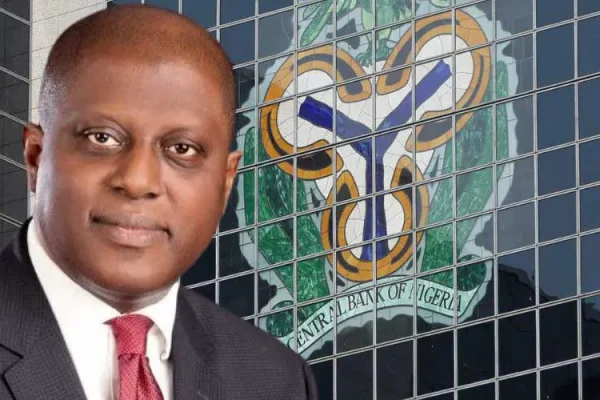

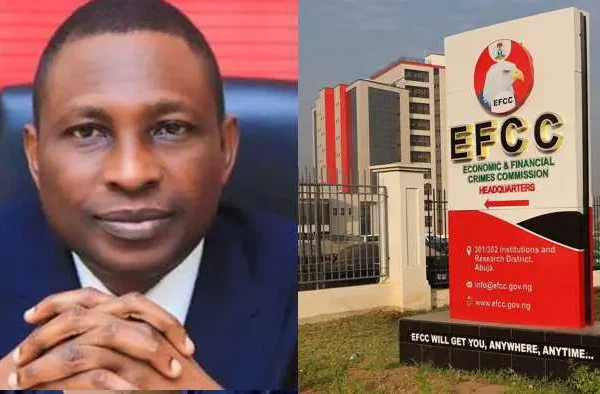

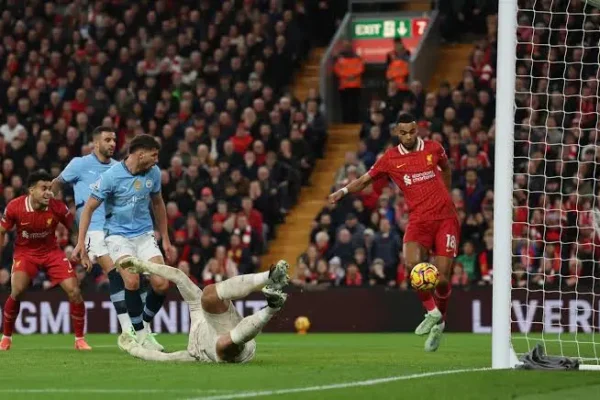
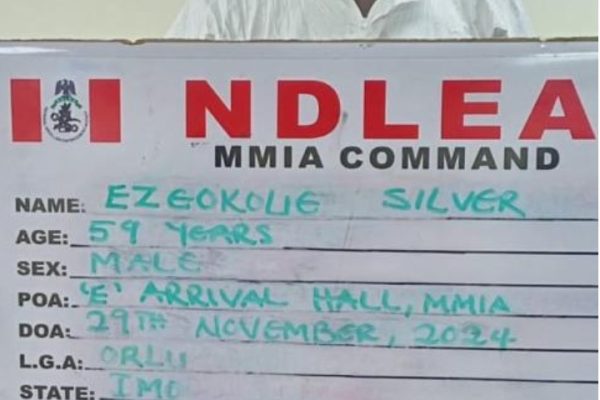
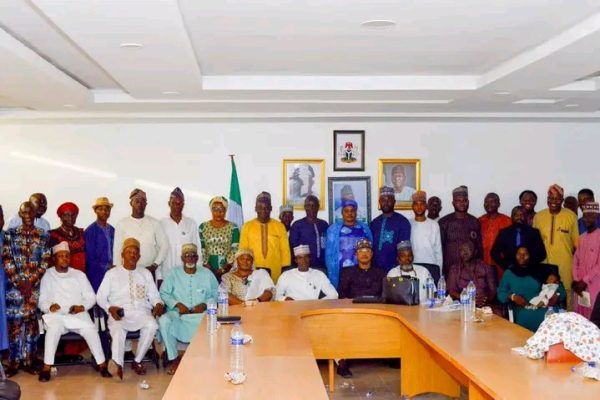
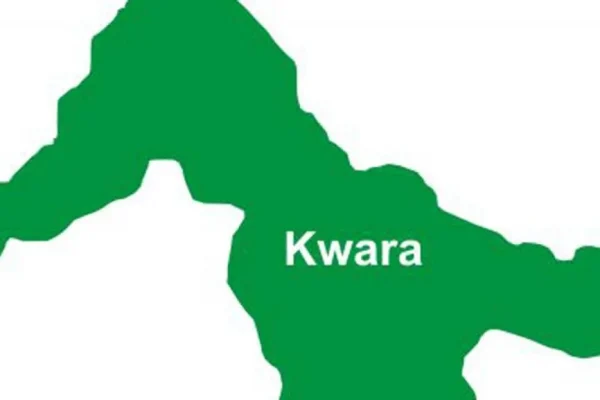
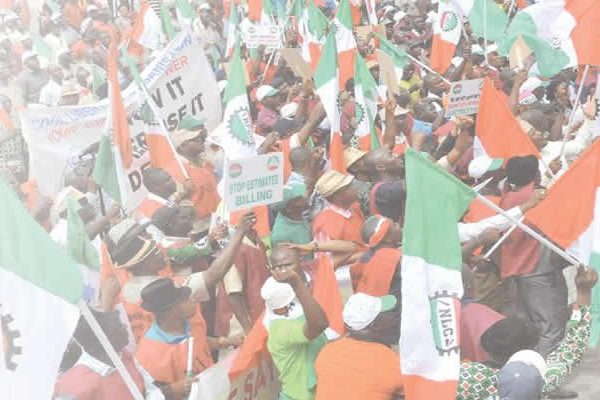
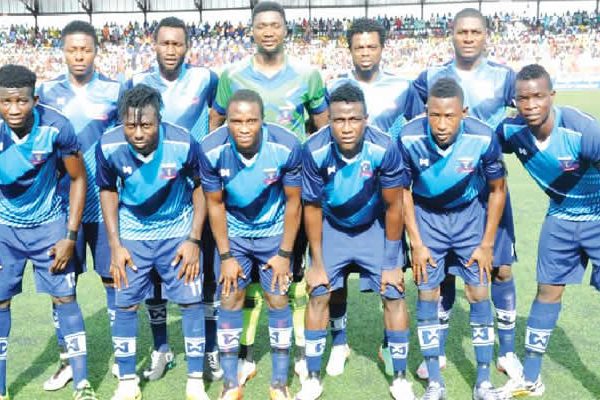






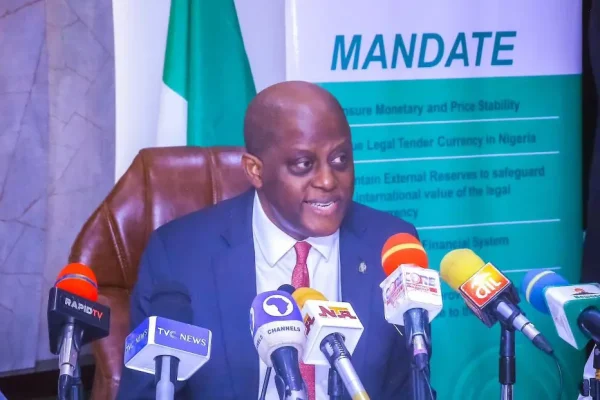
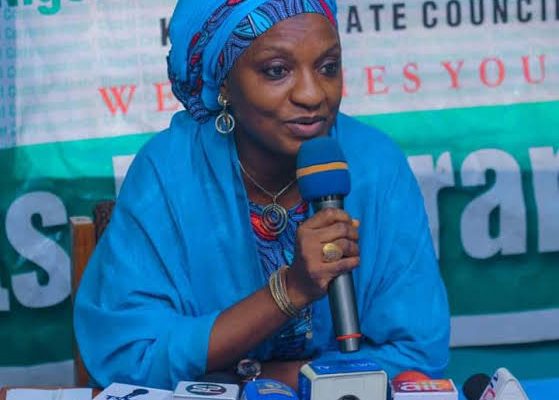








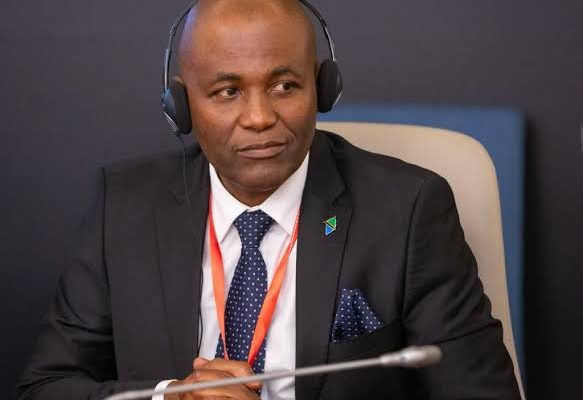
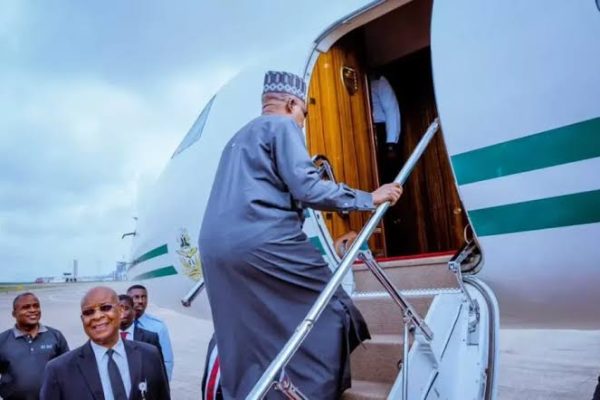
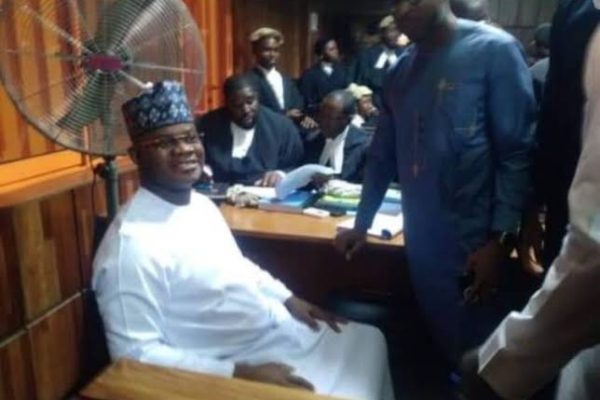
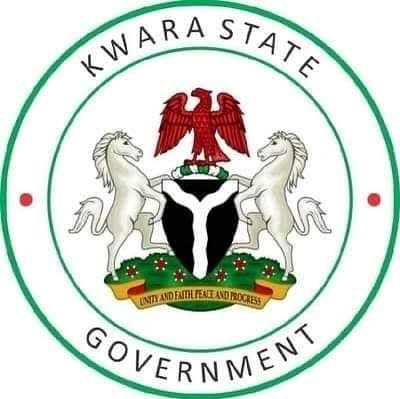
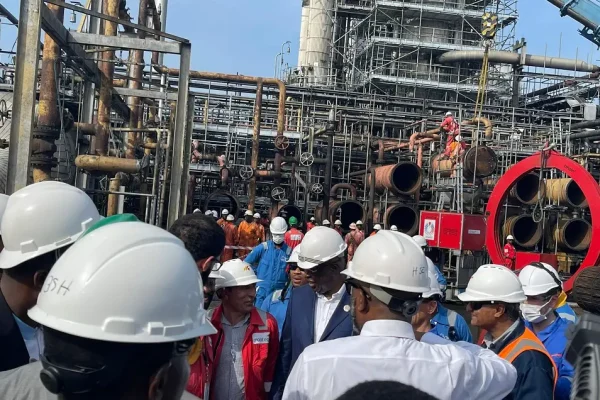

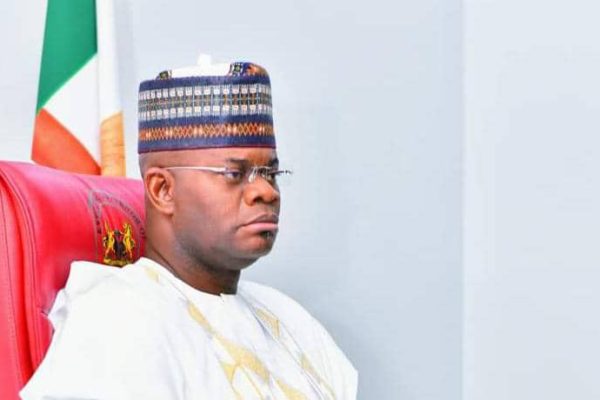



![Jagun Jagun wins big at 2024 BON Awards [FULL LIST]](https://theprimenews.ng/wp-content/uploads/2024/11/20241013_181847-1024x715-1-600x400.jpg)

